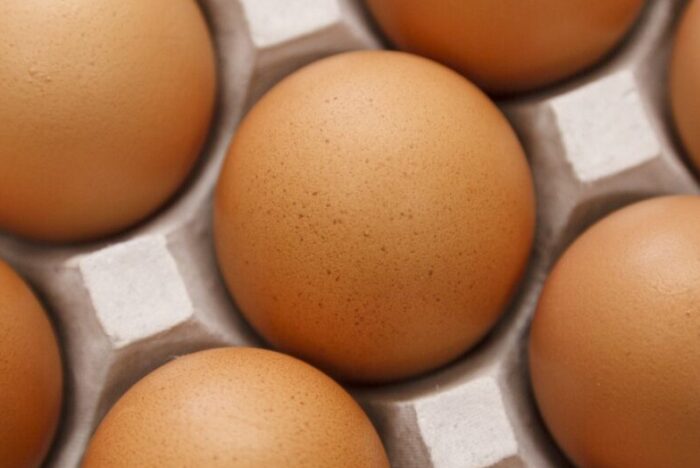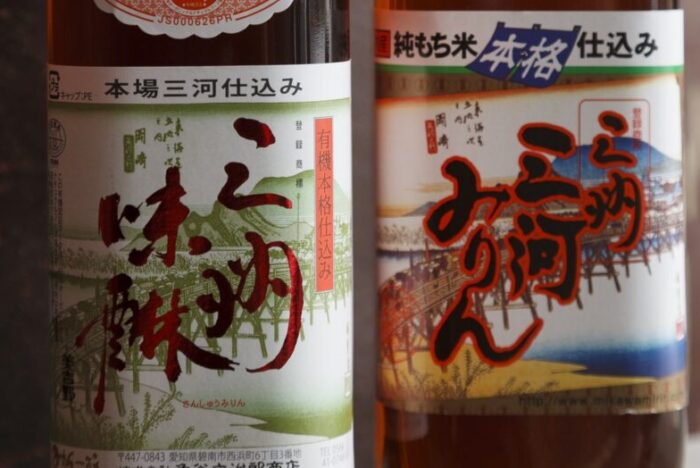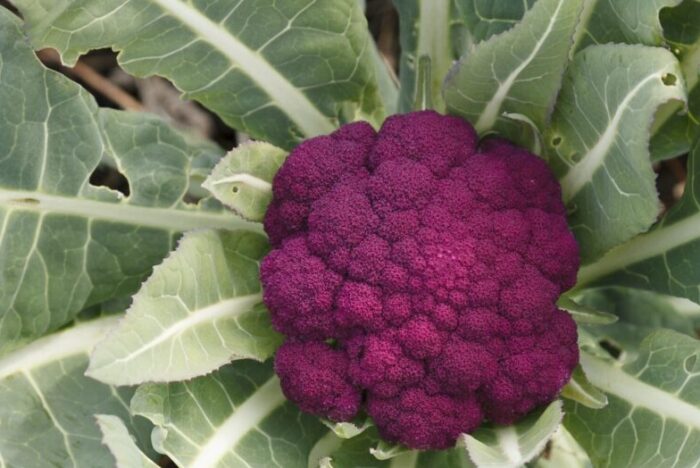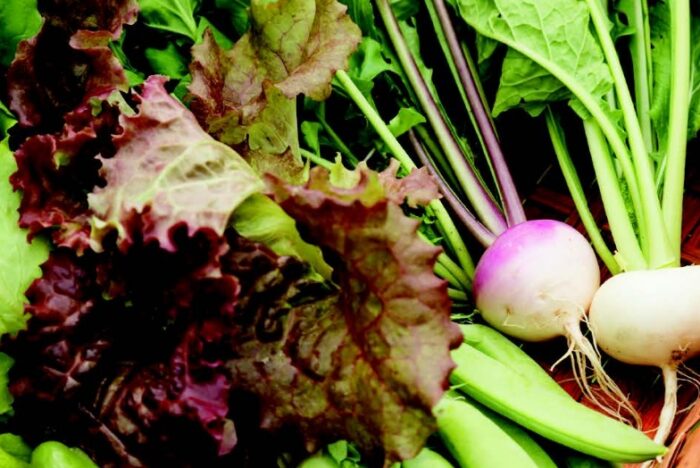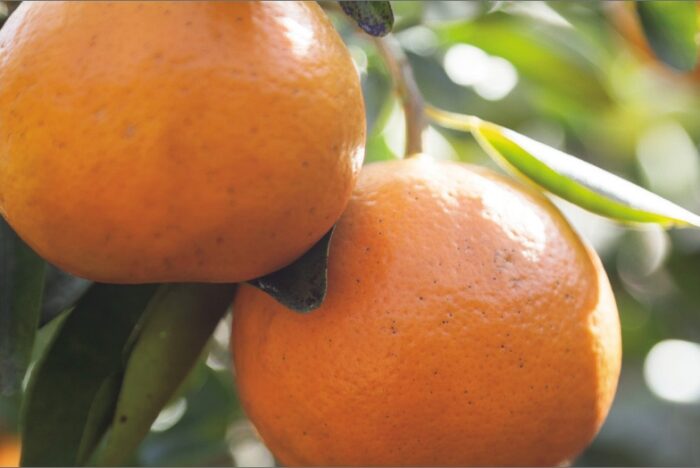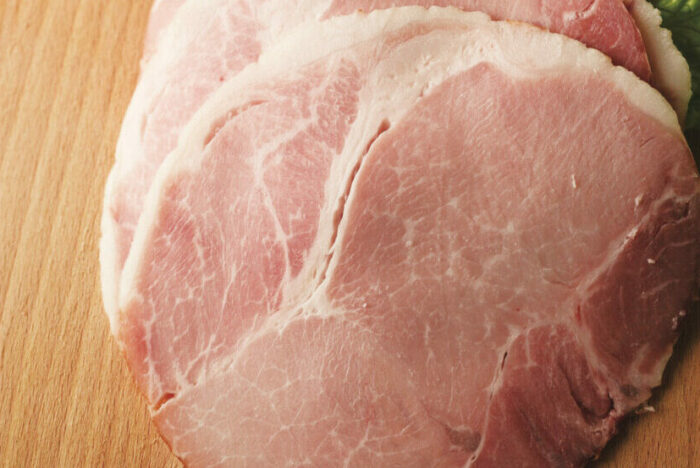BIRDY.―The story of the development of a glass towel vol.2
Manufacturing spirit inherited from the time of founding
2019.04.18
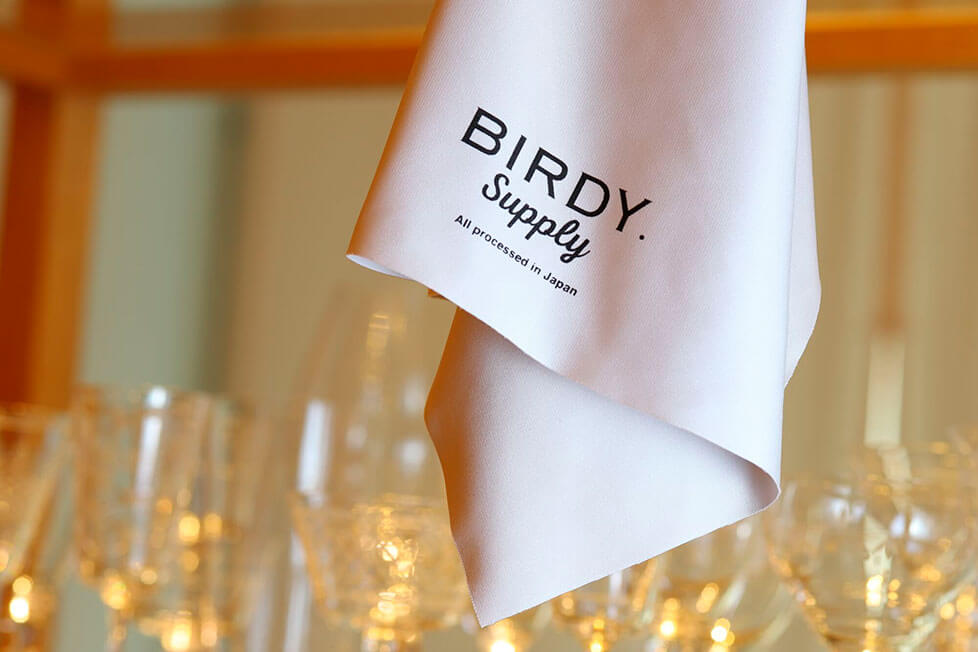
Achieved an aphorism, "If one art is mastered, it excels in all the fields as well."
"Unlimited ingenuity, transformation and growth"
This is the company mission statement upheld by Shunsaburo Yokoyama, founder of Yokoyama Kogyo, and still adhered to today. At first glance, auto parts manufacturing, the mainstay of Yokoyama Kogyo, would seem to have nothing to do with cocktail tools. Yet, it seems as if the birth of the BIRDY. was destined from the beginning if one carefully examines this statement.
Surviving 30 years into the future with prominent technology and the power of ideas
Founded in 1951, the grandfather of Eisuke Yokoyama, the present president, started out by selling building materials. He received a press machine in payment for debts and began manufacturing building fittings. With a passion for inventing items such as patenting technology for cutting steel plates and selling them nationwide, their sales of gutters grew until they reached the top five in Japan by 1976.
Auto parts manufacturing, which began receiving orders from Toyota Motor Corporation for their first Corolla car, had been steadily increasing, and when Eisuke took over the company, it played a steady role as a subcontractor to "do what was needed quickly". However, "There was no particular job that only we were capable of doing," he recalls. The situation failed to change even after construction of a new plant in Thailand, and the sense of crisis gradually heightened, "If we do not have niche, top-level technology/services or sales capabilities, we may not be around in 30 years." At the same time, he also expressed the desire to consistently produce items in-house, just as his grandfather had.
With that in mind, he embarked on the development of a completely new product, with Tetsuya (now the brand manager of BIRDY.), the younger brother working in the design field whom he recalled to enter the Thai market.
"I wondered what we COULD make with our technology rather than what we WANTED to make. It only made sense if it was a prominent technology that other companies could not imitate. When going back to these basics, the technology we used to polish molds used in press processing came to mind," says Tetsuya Yokoyama.
The power of polishing changes the world
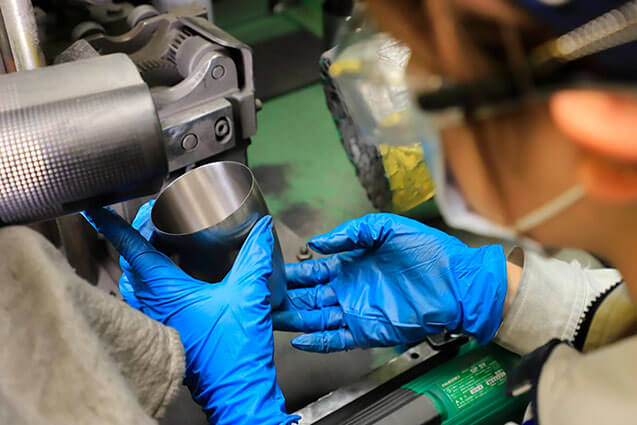
Achieved an aphorism, "If one art is mastered, it excels in all the fields as well."
At the part manufacturing site, when pressing with a mold to punch out a thick metal plate, the surface of the mold is polished by hand by the craftsman to improve the fluidity of the metal. Tetsuya paid attention to this "polishing technology," opining, "If the fineness of polishing enhances the fluidity of metals that come in contact with it, the same effect could be seen with liquids as well."
He decided to try to make a sake glass from stainless steel. Tetsuya worked part-time during college at a pub mainly handling sake, so he decided it would be an item easy to try, as he was quite familiar with it. Upon completion, he poured some into a glass that had been polished inside and drank. However…"Unfortunately the change in taste was almost indiscernible."
Next, he decided to make a prototype cocktail shaker as the result of a conversation with a bartender with whom he often spoke. If successful, "An amazingly delicious cocktail could be created with his shaker, certainly superior to those made with conventional products. I thought this would change the world."
The polishing of the interior of the shaker is done by dedicated craftsmen one at a time. To determine the optimal polishing level, every day Tetsuya made a gimlet with the prototype shaker which he always drank at precisely 5 o'clock in the evening. It was also determined that it was best to add a slight unevenness of 0.1 micron with exquisite force instead of polishing it perfectly. The goal to strive for improvement was a global standard. They also carefully considered the opinions from the bartenders active in international conventions and reflected this valuable feedback in the development.
Protecting Japanese craftsmen
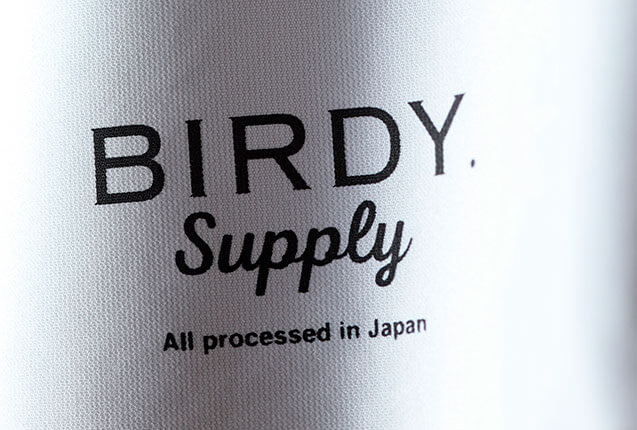
A realization was made that full production could not be completed using only in-house technology. Yokoyama Kogyo possessed only one advantage: polishing. For the remainder, they were forced to borrow technology from partner factories. What Tetsuya insisted upon in selecting a factory was the facility carry out all production processes domestically in Japan, excluding raw materials. The desire for a high-quality product was not the sole reason.
Tetsuya explained, "Chinese-made products have dominated the market in terms of price competition, resulting in a decrease in the number of domestic carriers year over year. If Japanese craftsmen are not protected, Japanese manufacturing will stagnate."
As BIRDY. provides outstanding value not found in more conventional products, inevitably the price will increase. On average, the price is two to three times that of conventional products. "If you pursue quality with no limits, of course you can create something even better. But at 10 times the price, many consumers may be hesitant to buy. Our mission also includes protecting the work of craftsmen by maintaining stable quantity and selling at prices that are both reasonable and realistic.”
Yokoyama Kogyo has created an environment that protects and nurtures craftsmen within the company. In addition, they actively appoint staff from Brazil and Thailand as full-time employees. Moreover, 17 out of our 170 employees are age 70 or older (as of February 2019). Whether each worker wants to continue working in positions of responsibility, or merely wishes to continue their creative effort, the company offers each person the option of working to their individual desire (corresponding to target 8.8 of SDGs).
The reason for doing so may be because they truly understand and value the worth of craftsmen as practitioners of "analog high technology" that produces micro innovations with human technology.
Attaining the world stage with the aesthetics of subtraction
The origin of the brand name BIRDY. comes from the golf term meaning one stroke less than par (the prescribed number of strokes per hole). "In golf, the lower the number of hits, the higher the score. In the same way, we aim to create a simple design that eliminates waste and manufacturing that pursues the essence of an idea.", Tetsuya states. The aesthetics of subtraction is a concept that has been cherished by Japanese since ancient times, contributing to Zen thought. It may be said that BIRDY. is a small but powerful light that illuminates the bright future of a Japanese manufacturing scene that once showed signs of decay.
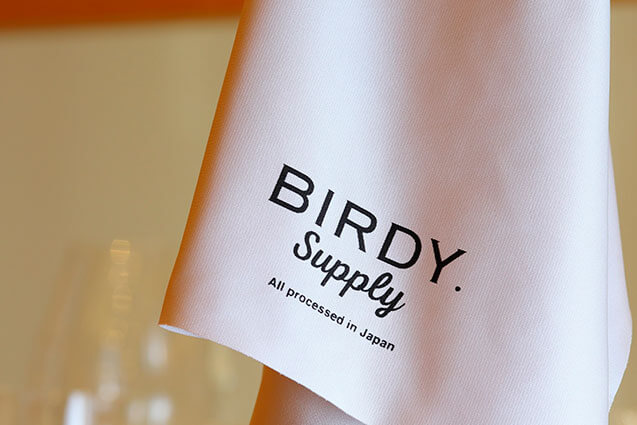
◎ Birdy glass towel / BIRDY. Supply
Size: Medium 40×70cm / Large: 40×90cm
Color: Cool Grey
Material: Polyester 85%, Nylon 15%
Country of origin: Japan
Price: Medium ¥2,052 (excluding tax: ¥1,900) / Large ¥2,592 (excluding tax: ¥2,400)
To purchase, contact the following: http://www.birdy.shop/
http://birdy-j.com/
◎ Manufacturing & Sales: Yokoyama Kogyo Co., Ltd.
1-61 Omi-cho, Toyota City, Aichi Prefecture, Japan 471-0815
☎ +81-565-58-5558
- 1
- 2


